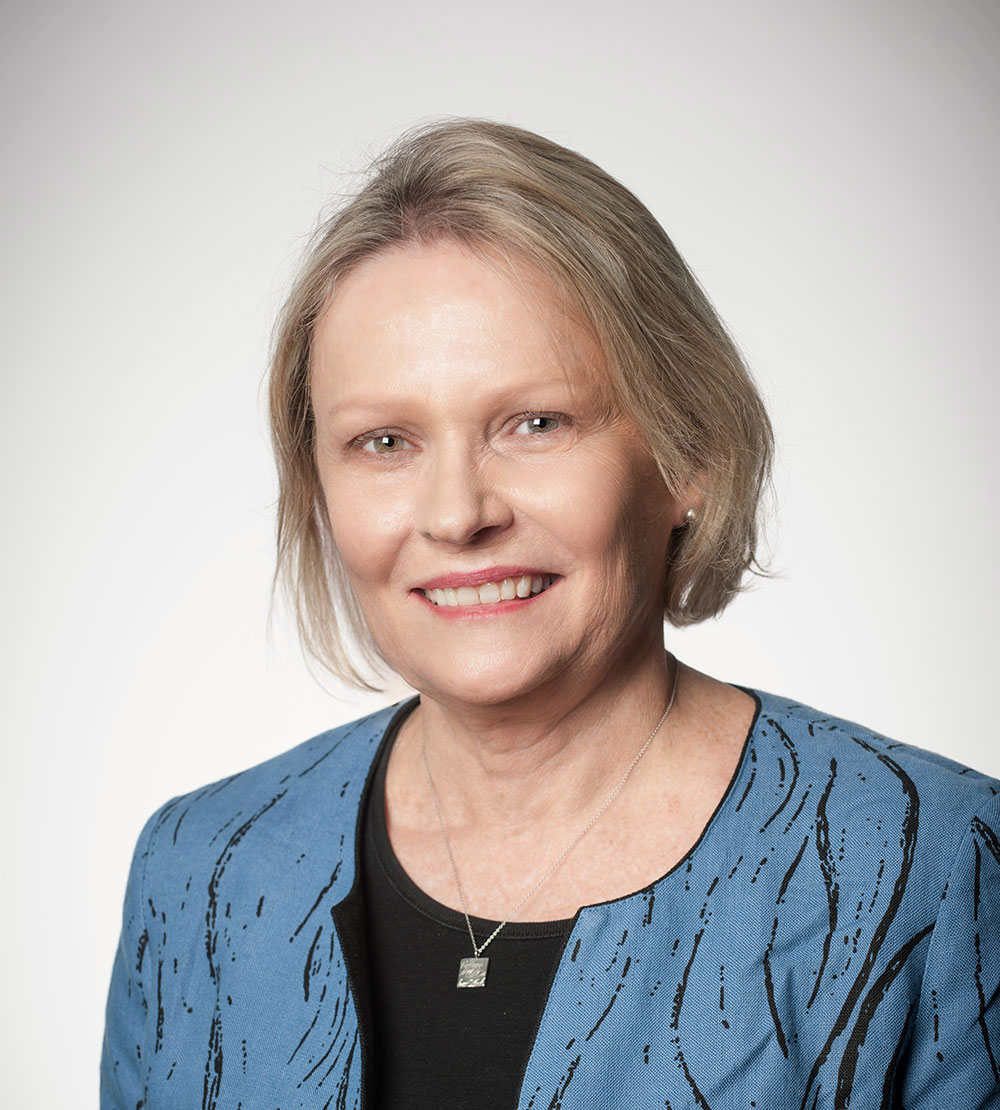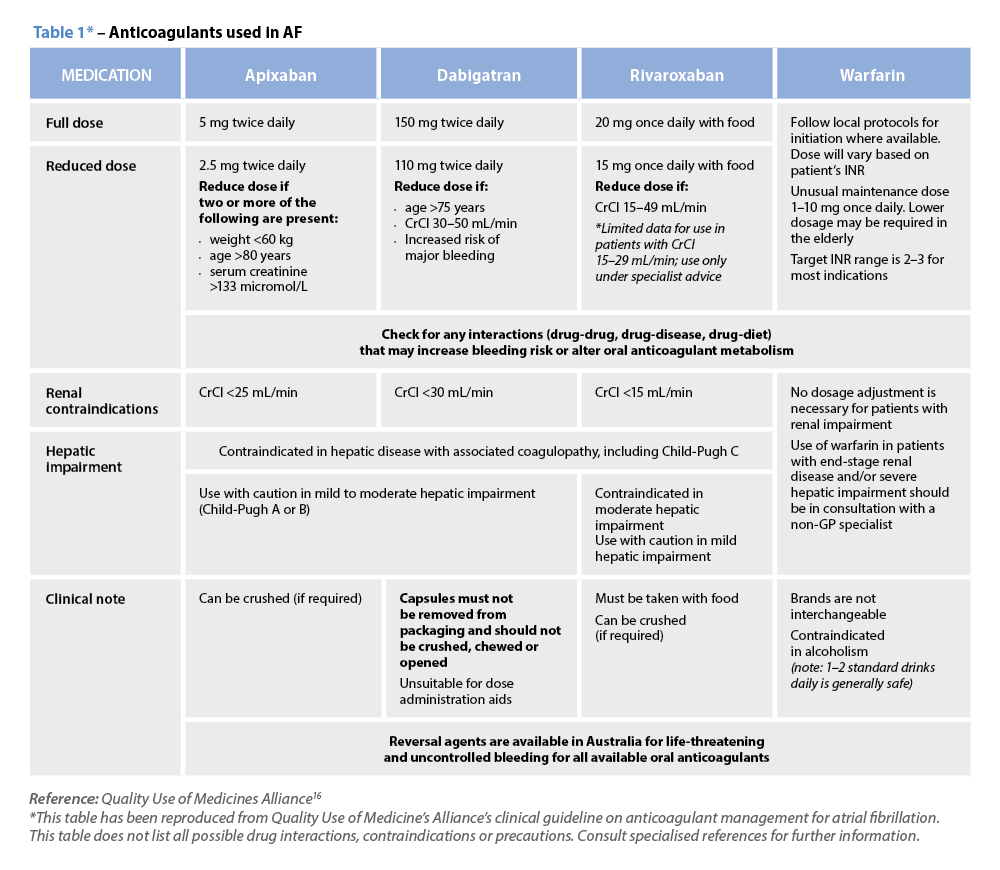Ahead of a federal election and an energised remuneration campaign, PSA‘s Communities of Specialty Interest are preparing to power pharmacy practice in 2022 and beyond.
After 2 of the most brutal years in the history of the profession, and most recently the first peak of the omicron variant, the COVID-19 pandemic may yet provide options to reset the health system with opportunities for pharmacists’ practice and conditions.
This year will be one of action on the big issues facing the profession, including remuneration, medicine safety and digital health.
This is the view of PSA’s leadership as it ramps up a concerted campaign on improving pharmacist remuneration (see the April issue of Australian Pharmacist).
But tackling the big issues can’t be done alone. Whether it be joining PSA’s advocacy activities or being active in one of the four Communities of Specialty Interest (CSIs)1 pharmacist involvement is encouraged..
With the looming federal election, the remuneration campaign includes parity for vaccination administration as a key plank.
What’s in store in 2022?
As Australia emerges from the most acute phases of the pandemic, 2022 is shaping up as a year to tackle the biggest issues concerning pharmacists – remuneration, medicine safety and digital health.
While the PSA will continue to support the profession in the next phase of the COVID-19 global pandemic, PSA CEO Mark Kinsela says it’s time for real improvement on remuneration.
Back in 2018, PSA made roles and remuneration a pillar of the vision for the Pharmacists in 2023 report.2 ‘We are now seeing the profession unite behind this vision with pharmacists raising their voices and demanding a better deal from governments,’ he points out.
‘Beyond current practice, PSA will be launching its 5th Medicines Safety report, this time focusing on disability care in Australia.
‘Our last report on aged care saw recommendations made by the Royal Commission focusing on better utilisation of psychotropic drugs, reduction in chemical restraints, addressing other medication-related problems and embedding pharmacists in aged care services. These same issues are endemic in disability care in Australia, and pharmacists need to be recognised through the National Disability Insurance Scheme.’
Launching off the successes of 2021
Mark Kinsela, already ‘immensely proud’ of the teamwork that has gone into supporting members in a world disrupted beyond the wildest of imaginations, sees such a reset as a way of bringing forward the importance of being healthy and the role that pharmacists play in the lives of Australians.
Continuing ‘deep fatigue’ experienced by many healthcare providers, but consistently by pharmacists who have rallied to stay open through lockdowns, outbreaks, abuse and supply constraints while maintaining staff levels and morale, has taken a great toll.
Throughout, PSA has continued to deliver education and training in a ‘far from business-as-usual operating format,’ Mr Kinsela notes, as well as crucial support. ‘Be it the latest information on heart failure, or most recent announcement by any of the Chief Health Officers in states and territories, our members have the information they needed at their fingertips,’ Mr Kinsela says.
‘This is an agile way of operating that would have seemed impossible 2 or 3 years ago.’
This election year, the roles and remuneration for pharmacists is finally gaining traction, Mr Kinsela says.
For instance, general practitioners in major cities are eligible to receive up to $139.05 for all three doses of a COVID-19 vaccine plus a COVID-19 Vaccine Suitability Assessment, while pharmacists would receive $68.
A key strength of PSA, he points out, is its deep connections with departments and politicians at all levels of government.
‘Pharmacy more than any other profession is heavily affected by national and state and territory laws, and with our national footprint, our influence has great impact for our members.’
BOX 1 – Key aims for 2022
PSA’s vision for improvements this year includes:
|
In addition, planning on the profession’s priorities beyond 2023 will commence; with white papers to be developed by all the CSIs informing this work. Launched last year, and with two more planned for Aboriginal and Torres Strait Islander health and digital health, they are aimed at effecting change in specific areas of practice. The CSIs will encourage pharmacists to come together virtually to create policy that works, facilitate research and build professional networks to power practice and careers.
AP asked the leads of the CSIs to outline plans for the year.

Respiratory Care CSI [RC CSI]
Lead: Professor Sinthia Bosnic-Anticevich MPS, Sydney, NSW
‘Over the years, pharmacists have shown that their involvement in respiratory care optimises the use of medicines and decreases the burden of respiratory diseases through improved patient outcomes and cost savings.
‘Yet still the role of pharmacists in respiratory disease management is poorly defined, under-appreciated and unremunerated. The RC CSI is focused on changing that,’ says Prof Bosnic-Anticevich.
In the next 12–24 months, the RC CSI will create a national network, establish the current status of respiratory care, and produce a white paper that articulates the role of the modern-day pharmacist in respiratory management, which concisely articulates the complexities, opportunities and challenges.
A national advocacy strategy, toolkit and pathway for specialisation and remuneration will follow.
In addition, a first-ever national pharmacist survey in which pharmacists have the opportunity to share their experiences and provide their feedback, will be undertaken. This is a critical component of the RC CSI, which is an initiative built on the experiences of pharmacy and created to support pharmacy practice in the future.
‘Most pharmacists have been delivering RC, at various levels/intensity/focus, for decades,’ says Prof Bosnic-Anticevich. ‘However, the RC landscape is changing, with new clinical guidelines and treatment approaches. Pharmacy has often been there in the discussions but not leading its own agenda.’
The RC CSI is led by a team of pharmacists with respiratory expertise, and practice across community pharmacy, hospital pharmacy, pharmacy in general practice, academia, research and industry. We are being ambitious in our approach and we can only do this together,’ she says, on why pharmacists should join this important CSI.
‘When it comes to the CSIs overall, every PSA member is potentially a member to my way of thinking.’

Contemporary Community Pharmacy Practice CSI [CCPP CSI]
Lead: Dr Fei Sim FPS, Perth, Western Australia
In this CSI, a key goal is to improve remuneration for COVID-19-related services including vaccinations and the distribution of rapid antigen tests, says Dr Sim.
Other goals include improving:
- the quality and standard of community pharmacy practice
- workforce capacity and capability
- remuneration and recognition for pharmacist practitioners and their roles in medicines management
- ongoing funding for professional services through the 7CPA and 8CPA
- pharmacists’ role in primary care and minor ailments management.
‘The issues facing community pharmacists in today’s world are complex and multifaceted,’ says Dr Sim. ‘The CCPP CSI aims to identify and articulate these complexities, challenges and opportunities facing our workforce in the contemporary practice environments.’
With another aim of leveraging the 7CPA, as well as other funding avenues and advocacy initiatives, the group will meet again in March to discuss its white paper.
‘We can expect to see a clear, transparent and robust policy and advocacy agenda at the PSA for the next 5 years to improve contemporary practice of community pharmacists,’ says Dr Sim. ‘Voices of community pharmacists will become more evident.
‘The arrival of the COVID-19 pandemic further highlighted the essential and inimitable role of community pharmacists. We have seen how community pharmacists stepped up and supported their local communities through vaccinations and ensuring timely access to medicines and rapid antigen tests.
‘I am excited about the year and beyond because challenging times like this bring out the best in pharmacists. We get through these times with the local communities we serve. Yes, it will be tough, but it makes our work meaningful and purposeful.

Interdisciplinary Team-Based Care CSI [ITBC CSI]
Lead: Debbie Rigby FPS, Brisbane, Queensland
February 2022 marks a significant milestone in the evolution of pharmacists in Australia – 25 years since they were first accredited to conduct comprehensive medication reviews.
According to Ms Rigby, PSA members should recognise early champions of the 1997 start of government funding for Residential Medication Management Reviews (RMMRs) and the 2001 establishment of funding Home Medicines Reviews (HMRs). Despite the introduction of caps since, Australia, she says, is considered fortunate by the international pharmacy community to have Government-funded medication reviews which have resulted in improved medicines safety.
‘The mission of the ITBC CSI is to connect, engage and empower pharmacists with a passion for collaboration, judicious and safe use of medications and optimal patient outcomes,’ says Ms Rigby.
‘We hope to expand the national network of pharmacists practising in, or aspiring to practise in, interprofessional care teams’ where life-long learning should be the ethos.
Already it has provided input into the Australian Commission on Safety and Quality in Health Care (ACSQHC) Guiding Principles consultation paper3 for the quality use of medicines and is working closely with the commission and the federal Department of Health on the quality indicators for aged care.
For 2022, however, the ITBC CSI will focus on producing its white paper.
‘With the review of the HMR and RMMR programs and the Government’s commitment to improve the quality and consistency, there is an opportunity for PSA to support its members to achieve this goal,’ says Ms Rigby. Importantly, a report template, to aid pharmacists in delivering quality and consistency in their reviews, is to be developed.
‘We also have a growing body of evidence and support for pharmacists embedded in general practice and aged care,’ Ms Rigby points out.
‘This should be the growth area where pharmacists work collaboratively with doctors and nursing staff.’
Ms Rigby said that from a poll posted in the forum and options posed for the future priorities for the ITBC CSI there was ‘strong support’ for increased remuneration and changes to program rules for HMRs and RMMRs and for the development of position statements for pharmacists in aged care, general practice, ACCHOs and community care.
Discussions about the group’s white paper, which will outline the complexities, opportunities and challenges for practice by accredited pharmacists and provide options and solutions, began in January. It is hoped to be completed mid-year.

Early Career Pharmacist CSI [ECP CSI]
Lead: Deanna Mill MPS, Adelaide, SA
Early Career Pharmacists are interested, engaged and ready to tackle the big issues facing the profession.
Early successes include hosting the first national ECP CSI meeting in October where ECPs gave feedback on what they would like to see from the CSI, discussed sustainability – and climate change – and heard about the experiences of PSA’s Intern of the Year, ACT-based ECP Erin Cooper.
‘We are calling these meetings “ECPs without borders”,’ says Ms Mill.
The new ECP structure is now much better because everyone, no matter what corner of the country, can be involved in our conversations.’
Established in 2009, all ECP groups were state-based and usually met physically, which created difficulties for rural pharmacists, cross pollination and sharing of ideas, as well as limited networking across states. But technology-based, pandemic-led, virtual meetings have now changed the landscape for meetings with leadership groups (including CSIs).
‘And the best part about the CSI is that if you don’t have a chance to jump on for those ECP without borders meetings, members of the CSI can access the discussion forum where they can leave their thoughts as well,’ says Ms Mill. ‘Those things are new, and hopefully will not limit involvement to people in a physical location, and so expand member numbers we can connect with and learn from.’
The ECP CSI hasn’t shied away from the big issues ‘like recognition and renumeration,’ Ms Mill says.
‘That’s the No 1 thing that ECPs are worried about. But, given our conversations, priorities for 2022 will also include things like pharmacists’ role in climate change and sustainability and some commentary around our role in inclusiveness and equity a lot more clearly than before,’ she says.
Conversations on these topics – remuneration, climate change, equity and other issues – will inform a white paper from the group later in the year. Feedback on issues discussed in the CSI or raised by PSA, information sharing and action – even feeding into topics for conferences – are what this CSI is about.
The ECP CSI has been working with PSA on the issue of sustainability and climate change, and should hopefully be soon leading the profession in this space, says Ms Mill. ‘We also hope to keep growing and bring some more students on board,’ she says of the only CSI with members aged roughly in their 20s and 30s, that includes students but which also has a cut-off point of 10 years post-registration.
‘The best part about ECP groups has always been making new pharmacist friends across the country and we want students to experience that,’ she says.
And an exciting prospect after 2 years of virtual professional networking isolation is meeting colleagues ‘face to face’, including at PSA22 in Sydney. Ms Mill urges all ECPs to ‘connect with like-minded peers and have a platform to share your thoughts and experiences’. The forum is only for ECPs by ECPs, she stresses, and the best starting point for networking and sharing ideas and opinions for positive change.
PSA advocacy continues
As the peak body for all pharmacists, PSA will continue to advocate for better funding and access to PPE as well as programs to support pharmacists to support the community. This includes the launch of immunisation refresher training with new modules on vaccinating children 5–11 years of age.
It will also provide updated training, support and advocacy should ATAGI decide children 0–4 years of age need to be vaccinated, Mr Kinsela says. This builds on clear successes last year that involved implementing ePrescribing, the continuous supply of medicines, medicines for injection, nicotine guidelines, COVID-19 vaccinations by pharmacists, and expanding scope of practice.
With the federal election fast approaching, expect to see more of PSA’s Board Members and spokespeople as a concerted remuneration campaign kicks into gear.
References
- Pharmaceutical Society of Australia. The Communities of Specialty Interest. 2021. At: https://bit.ly/3FJMKaF
- Pharmaceutical Society of Australia. Pharmacists in 2023. 2019. At: www.psa.org.au/wp-content/uploads/2019/02/Pharmacists-In-2023-digital.pdf
- Australian Commission on Safety and Quality in Health Care (ACSQHC) Guiding Principles. 2021. At: https://bit.ly/3fAcxrg




 ‘We’re increasingly seeing incidents where alert fatigue has been identified as a contributing factor. It’s not that there wasn’t an alert in place, but that it was lost among the other alerts the clinician saw,’ Prof Baysari says.
‘We’re increasingly seeing incidents where alert fatigue has been identified as a contributing factor. It’s not that there wasn’t an alert in place, but that it was lost among the other alerts the clinician saw,’ Prof Baysari says.


 Beyond the arrhythmia, AF often signals broader pathological processes that impair cardiac function and reduce quality of life and life expectancy.5 Many of these conditions are closely linked to social determinants of health, disproportionately affecting populations with socioeconomic disadvantage. Effective AF management requires addressing both the arrhythmia and its underlying contributors.4
Beyond the arrhythmia, AF often signals broader pathological processes that impair cardiac function and reduce quality of life and life expectancy.5 Many of these conditions are closely linked to social determinants of health, disproportionately affecting populations with socioeconomic disadvantage. Effective AF management requires addressing both the arrhythmia and its underlying contributors.4  C – Comorbidity and risk factor management
C – Comorbidity and risk factor management Warfarin
Warfarin




